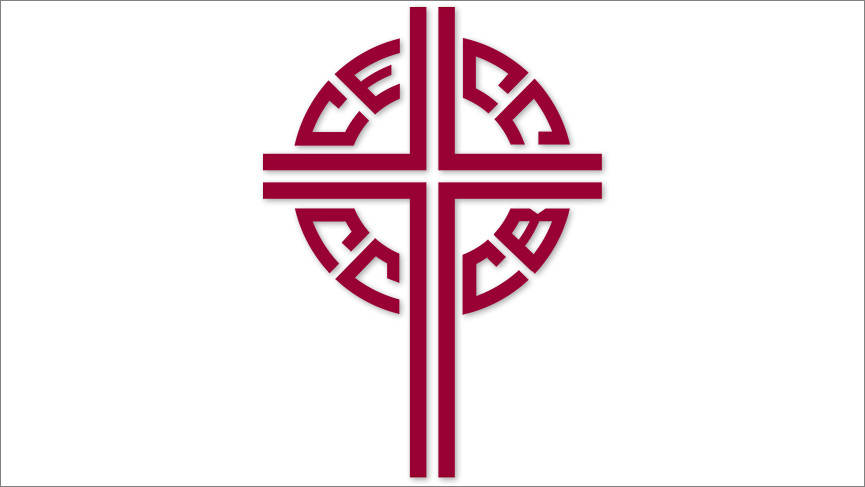National Day of Prayer in Solidarity with Indigenous Peoples

National
This year, we have been blessed to have had a delegation of Indigenous people visit Pope Francis in Rome in order to receive his apology on behalf of the Roman Catholic Church, and again to welcome the Holy Father to this land to hear his words of sorrow as he embarked on his, self described, “Pilgrimage of Penance”. Let us take this opportunity to build on the reflections offered by Pope Francis.
The Holy Father comments that he is struck by the Indigenous delegations’ wise and farsighted term “traditional wisdom” as it applies to the need to consider the impact of deliberations as far into the future as the seventh generation. Pope Francis’ understanding of the family bond over generations, and its importance in moving forward with reconciliation is instructive and it opens the door for all Catholics to learn about and apply understandings of the Indigenous world view towards reconciliation.
In Rome, Pope Francis remarked, “The ties that connect the elderly and the young are essential. They must be protected lest we lose our historical memory and very identity”. At the Mass in Edmonton, celebrating the feast day of Saints Anne and Joachim, the Holy Father recognized the gift that is family and how, “No one comes into this life detached from others. The love that awaited us and welcomed us into this world are part of a unique history that preceded us… we did not choose that history; we received it as a gift.” This is consistent with the insight from an Elder from Cold Lake, Alberta who responded to a question about why Indigenous parents were indulgent with their children, saying, “We must not injure the child’s spirit”. Children’s experiences of abuse at the hands of those who would shape their lives are contrary to this principle and that, in Indigenous settings, family ties are to be nurtured, protected, and cherished as the gift they are.
As Catholics, we share this value of strengthening nuclear and extended family ties, but we often do not see the many ways that colonization continues to impact the very thing we cherish. Indigenous voices have expressed that “residential school” continues in other forms. Child welfare authorities remove Indigenous children from nuclear and extended family settings. Canada’s justice system also removes parents from children which seriously affects opportunities for continuity of relationships, identity formation and indeed wholesome human development. As Catholics concerned about reconciliation, can we advocate for changes to these contributors to continued intergenerational trauma?
Maintenance and strengthening of family ties are very much in evidence in many Indigenous traditions from Powwows, which unite all generations in the gift of dance and feast, to the traditional wisdom demonstrated in the ‘pipe of peace’ smoking ceremony whose symbols teach the interdependence of all beings in creation.
These are but a couple of examples from many traditions that can be further explored to help us acquire an understanding of Indigenous peoples, as part of the reconciliation journey.
During his visit to Iqaluit, the last stop before his return to Rome, Pope Francis shared the words of an Elder who spoke of the beautiful spirit that reigned in Indigenous families before the advent of the Indian Residential School system. “He compared those days of grandparents, parents and children living harmoniously together as to springtime when the birds chirp happily around their mother. But then the singing stopped, families were broken up. Winter fell over everything”.
As we grow in our knowledge of one another and move away from stereotypes toward an increased understanding of our unique and shared beliefs and values, may our journey of reconciliation bring the springtime back once again and may our winter of shame be banished forever.
Canadian Catholic Indigenous Council

Comment
Comment
Add new comment